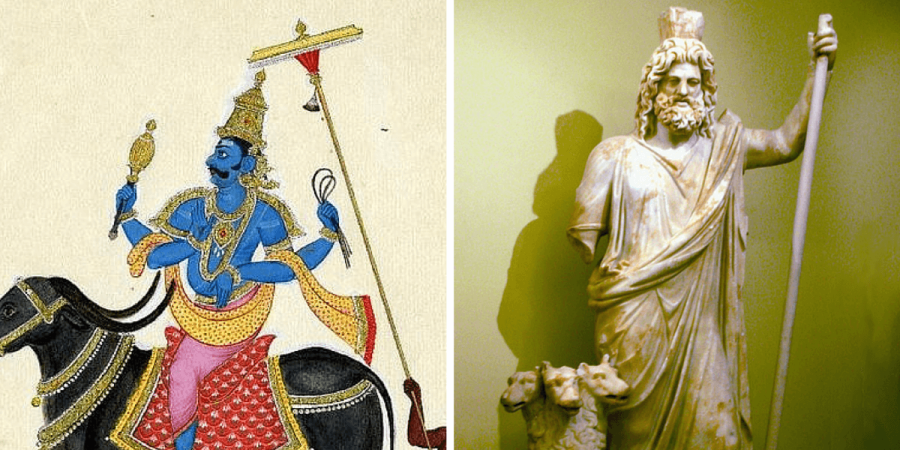

Mythology has long served as a means to understand the world, explain natural phenomena, and provide moral guidance. Indian and Greek mythologies are two of the most rich and complex mythological traditions in human history. While they share similarities in their narrative functions and character archetypes, they differ significantly in themes, cosmology, and cultural contexts.
Gods and Goddesses: Both mythologies feature a pantheon of deities that embody various aspects of life, nature, and morality. In Greek mythology, gods like Zeus, Hera, and Poseidon each govern different realms, while in Hindu mythology, deities like Vishnu, Shiva, and Devi represent cosmic functions and virtues.
Moral and Ethical Lessons: Myths in both traditions convey moral lessons. Greek myths often illustrate hubris, the consequences of pride and defiance against the gods (e.g., the story of Icarus). Similarly, Indian myths emphasize dharma (righteousness) and karma (actions and their consequences), as seen in the tales of the Mahabharata and Ramayana.
Creation Myths: Both cultures possess rich creation narratives. In Greek mythology, Hesiod's Theogony describes the emergence of the cosmos from chaos, while Hindu texts such as the Rigveda and the Puranas outline various creation stories, often involving the god Vishnu.
Heroes and Epic Narratives: Both mythologies feature heroic figures embarking on epic quests. Greek epics like the Iliad and Odyssey parallel the Indian epics, such as the Mahabharata and Ramayana, which showcase the trials and tribulations of their respective heroes, highlighting virtues like courage and loyalty.
Cosmology: Greek mythology often presents a linear cosmological structure with a clear hierarchy among the gods, while Indian mythology features a more cyclical view of time and existence, encompassing concepts such as reincarnation and the eternal cycle of creation and destruction.
Nature of the Divine: Greek gods are frequently portrayed with human flaws, exhibiting jealousy, vengeance, and caprice. In contrast, Indian deities often embody higher ideals and are seen as manifestations of the ultimate reality, Brahman, which is characterized by transcendence and immanence.
Cultural Contexts: Greek mythology reflects the values of ancient Greek society, emphasizing reason, individualism, and the human experience. In contrast, Indian mythology is deeply intertwined with religious practices and philosophies, promoting communal values, spirituality, and the pursuit of moksha (liberation from the cycle of birth and rebirth).
Diversity of Texts: Indian mythology is vast and diverse, comprising numerous texts across various traditions, including the Vedas, Upanishads, Puranas, and epics. Greek mythology, while also diverse, is more centralized around a few key works, such as the writings of Homer and Hesiod, alongside later Roman adaptations.
Role of Fate: In Greek mythology, fate plays a pivotal role, often seen as an unchangeable force that governs the lives of mortals and even gods. In contrast, Indian mythology tends to focus on karma and free will, suggesting that individuals have the power to shape their destinies through their actions.
While Indian and Greek mythologies share common threads in their storytelling, character archetypes, and moral teachings, they diverge in their cosmological views, nature of the divine, and cultural implications. Both mythologies serve as a lens through which their respective cultures understand existence, morality, and the human experience. The richness of these mythological traditions continues to influence literature, art, and philosophy, inviting ongoing exploration and interpretation.
For further reading, you can explore these sources:
4o mini


